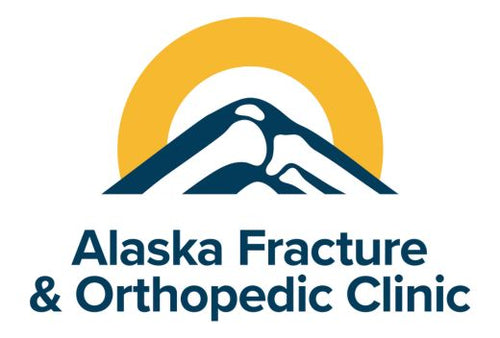The prospect of surgery can seem daunting to anyone, but the good news is that you can perform simple steps before surgery to set yourself up for a better surgical outcome. One aspect of health that can have a major impact on postsurgical complications is nutrition status.
More specifically, getting enough nourishment before and after surgery helps prevent complications. Research shows that malnutrition is actually very common among certain groups of patients before surgery – as many of50% of patients enter surgery malnourished – and proper nutrition status is often overlooked amidst the many other concerns before an operation.
It should come as no surprise that a well-nourished body is better equipped to tackle the challenge of an operation. Any surgical procedure can take its toll on the body. The operation itself leads to inflammation and metabolic stress response. Patients lean on existing nutrition reserves to manage the demands of surgery and to activate the recovery process. If nutrition reserves are already low or at zero and there is poor eating after a surgery, the body may start breaking down existing muscles and tissue for energy to support the healing process.Multiple reports have shown the negative effects of protein and calorie deficits in patients who have undergone surgery and are critically ill.
In addition, recent studies fromDr. Neil Sheth at Penn Medicine and Drs. Atul Kamath and Bridget Ellsworth at Cleveland Cliniceach show a direct association between low serum albumin (an indicator of malnutrition) and increased complications after joint replacement surgery.
Malnutrition before surgery is associated with longer hospital stays and longer recovery period. According to Dr. Robert Marx, an orthopedic surgeon at the Hospital for Special Surgery, “there is growing evidence that nutrition can enhance both the quality of healing and the time for healing.”
MEND has published multiple studies with leading orthopedic hospitals and research organizations showing that nutritional supplementation before and after Joint Replacement surgery helps preserve muscle and improve patient outcomes.
Similarly, a study done in Australia found that the length of stay after surgery was significantly longer for gastrointestinal cancer patients with poor nutritional status (15.8 days) compared with those with well-nourished status (7.6 days). The authors concluded that a poor nutritional status before surgery as well as inadequate post-operative nutrition support were associated with worse clinical outcomes. Other physicians have noticed the long-term benefits of adequate nutrition status:
Dr. Ralph Venuto, also an orthopedic surgeon, finds that “well nourished patients recover better and in less time.”
In fact, clinical protocols have been written to help healthcare providers assess, recognize, treat, and prevent malnutrition in surgical patients. These protocols are based on a set of key tenets focused on minimizing the risk of post surgical complications related to malnutrition.
Some of the tenets of these guidelines include:
- Avoiding long periods of fasting before surgery
- Starting oral feeding as soon as possible after surgery
- Starting nutrition therapy early (as soon as nutrition risk becomes apparent).
Many of these tenets also serve to encourage the body to get back to doing what it is meant to do: chew, swallow, and digest solid foods.
While each patient’s physician is best equipped to provide guidance on unique nourishment needs, anyone undergoing surgery should have an understanding of the nutrition component of their recovery.
MEND was built on this premise – that your body needs higher nutrient demands during trauma from surgery, injury, or aging. At MEND, our focus is on providing nutritional supplements that aid in the body’s natural healing and recovery process. We include it in our MEND products (Orthopedic, Joint Replacement, Cosmetic and Regenerate) to allow for an easy supplement of the nutrients your body needs most. Visit www.mend.me to learn more.
[1] Garth, et al. Nutritional status, nutrition practices and post-operative complications in patients with gastrointestinal cancer.J Hum Nutr Diet. 2010 Aug;23(4):393-401.
[2] Haydock, et al. Impaired wound healing in surgical patients with varying degrees of malnutrition. JPEN J Parenter Enteral Nutr. 1986 Nov-Dec;10(6):550-4.
[3] Leandro-Merhi, et al. Determinants of Malnutrition and Post-operative Complications in Hospitalized Surgical Patients. J Health Popul Nutr. 2014 Sep; 32(3): 400–410.
[4] Weimann, et al. ESPEN guideline: Clinical nutrition in surgery. 2017.



